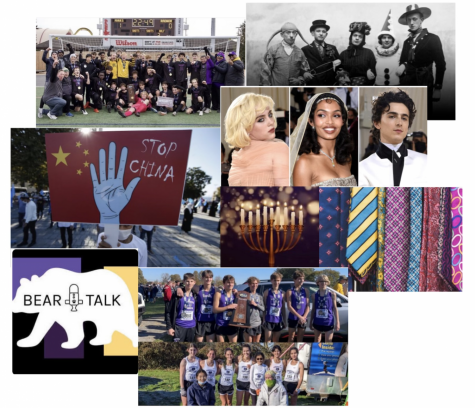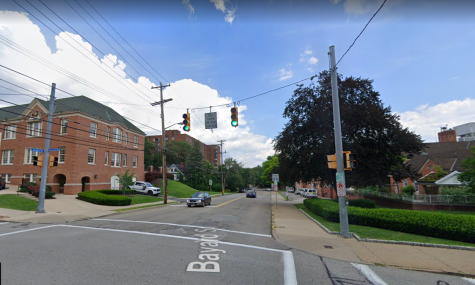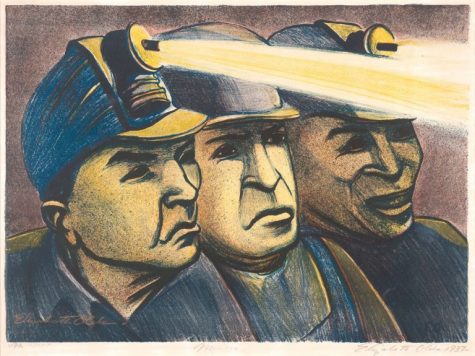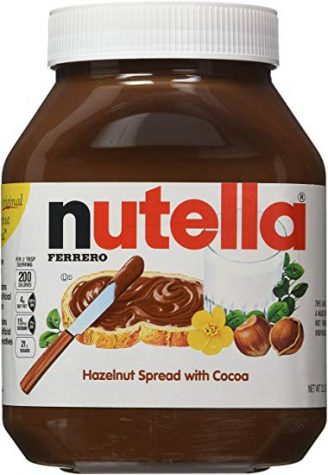What is Palm Oil, and How is It Changing Our Planet Forever?
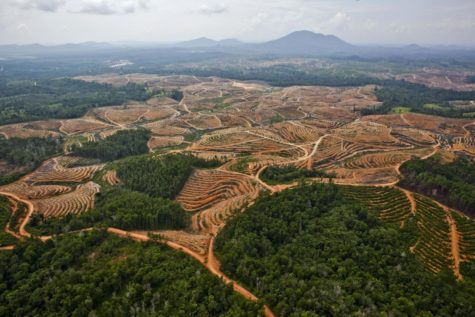
A network of access roads on former orangutan habitat inside the PT Karya Makmur Abadi Estate II palm oil concession in East Kotawaringin district, Central Kalimantan. The concession is controlled by the Malaysian Kuala Lumpur Kepong Berhad (KLK) group. Caption and Image from GreenPeace UK
Some of you may have heard of one of the latest trends in the environmental movement. Recently TIME wrote a lengthy article on the subject, and the New York Times, WWF, and other new resources have quietly been tackling the issue for years. But before we get any further, what is palm oil, and what is it used in? Palm oil is a high quality oil, which while not used frequently in the Western world for cooking, it is in thousands of thr products that we use everyday, from lipstick, to ice cream, to toothpaste, and even in Oreo’s. The problem with palm oil, is because it’s at such a high demand, there is more demand than there is room to grow it. This has led to rapid deforestation in parts of Asia and Latin America where the plant is grown. It’s impact has particularly garnered interest in Indonesia, where it threatens the already Critically Endangered orangutans, which only live in very few regions.
Due to this harmful impact, citizens, governments and corporations have finally begun to take note, with the increase in media pressure. Many companies are beginning to turn to sustainable palm oil (which some scientists argue might be more harmful) and Norway became the first country to ban palm oil. But what can you do? It seems more and more there’s been a push to make climate change seem like an untackleable issue. But if you do your part, and others around you begin to do theirs, change can happen. If you raise your voice for long enough, someone will have to listen. You can sign petitions asking corporations to stop using palm oil, support scientific efforts to create or find sustainable replacements, and you can try to avoid products with palm oil in them. It might seem hard to tackle multi-million or billion dollar companies, but they rely on what the buyer thinks of them and their actions. Because after all you’re paying for their product, not the other way around.

